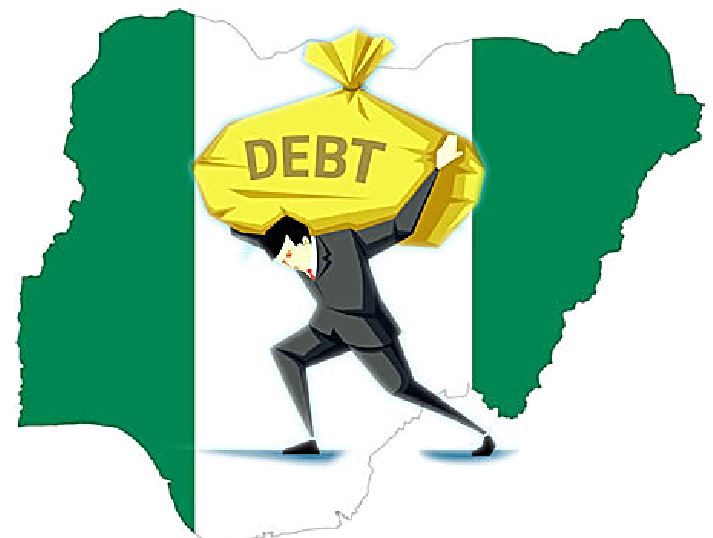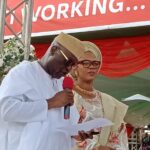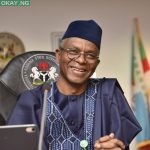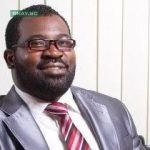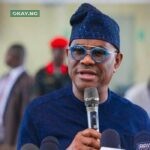Okay.ng understands that according to the planned 2023 budget, the Federal Government intends to spend N4.5 trillion on interest payments on internal debt by 2023 led to an increase in internal debt to 244%
This is a 234.51% increase over the N1.31tn projected allocation for interest costs on domestic debt in 2016.
While presenting the 2023 appropriation bill to a joint session of the National Assembly recently, President Major General Muhammadu Buhari (retd.) stated that despite the country’s revenue issues, the country regularly met its debt service obligations.
“Despite our revenue issues, we have always satisfied our debt servicing obligations.” Staff salaries and statutory transfers have also been paid on time, according to Buhari.
However, at the recent Abuja launch of the World Bank’s Nigeria Development Update themed “The Urgency for Business Unusual,” Finance Minister Zainab Ahmed confessed that Nigeria was struggling to service its debt.
“Already, we are struggling to service debt because, while revenue is increasing, expenditure is increasing at a much faster rate, so it is a very challenging scenario,” she said.
In a document received lately by our correspondent from the Director General of the Debt Management Office, Patience Oniha, the DMO said that excessive debt levels would frequently lead to hefty debt services, affecting infrastructure development.
“High debt levels lead to heavy debt service,” according to the DMO DG, “which decreases resources available for investment in infrastructure and important areas of the economy.”
Despite this, the government intends to borrow N8.80 trillion in 2023 and spend N6.31 trillion on debt service.
The World Bank stated in its latest Africa’s Pulse report that Nigeria’s public debt was worrying due to the rising debt service-to-revenue ratio.
According to the bank, by the end of 2022, the debt service to revenue ratio might be 102.3 percent.
David Malpass, President of the World Bank Group, has stated that the bank would collaborate with the International Monetary Fund to analyze Nigeria’s debt sustainability.
He said, “We would work with the IMF on an evaluation of the debt sustainability of Nigeria but it will be left to Nigeria itself to deal with the various creditors, which include bond holders, official creditors, that are engaged in Nigeria.”
Earlier, Ahmed had announced that the Nigerian government was in talks with the IMF and the World Bank to restructure the country’s debts. On the other hand, the World Bank Group President stated that Nigeria has yet to request the standard framework for debt restructuring.
Dr Muda Yusuf, Chief Executive Officer of the Centre for the Promotion of Private Enterprise, recently stated that the Nigerian economy was characterized by a variety of economic risks, including mounting public debt and debt payment burden.
As a result of rising debt service costs, he stated that “financing of government operations – staff costs, overhead costs, capital expenditure, and even some debt servicing – will have to come from extra borrowing.” These indicate serious weaknesses in the Nigerian economy.”


